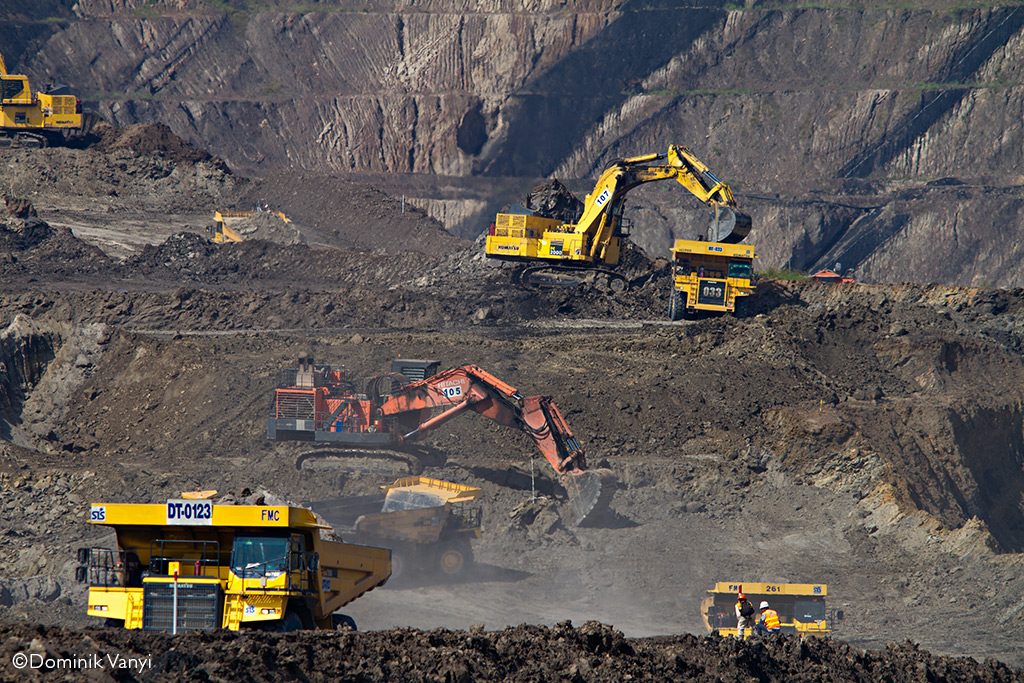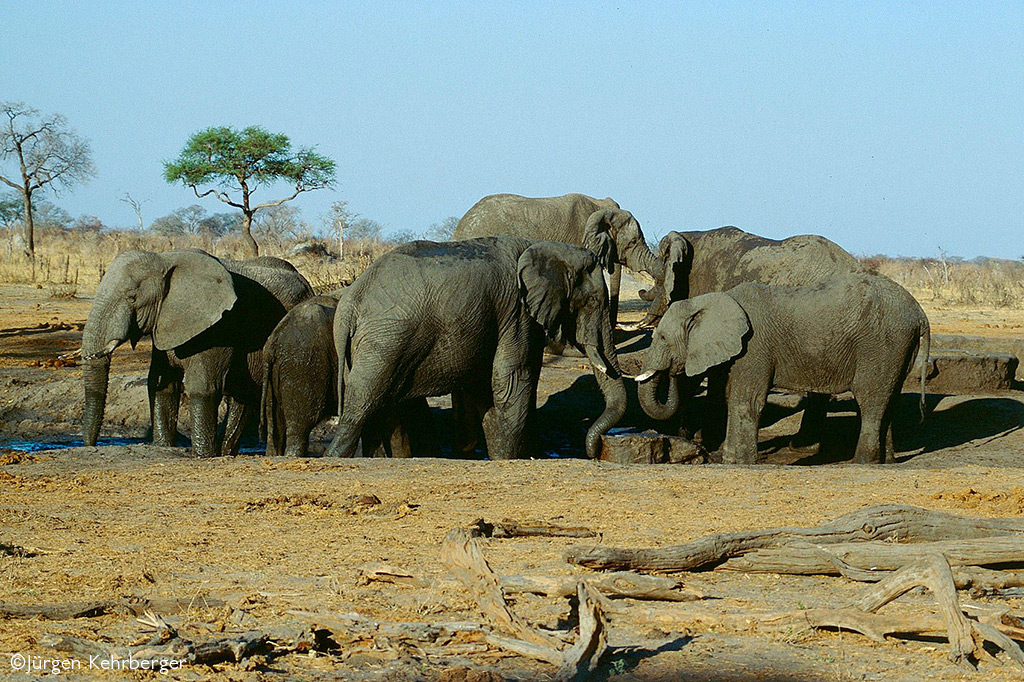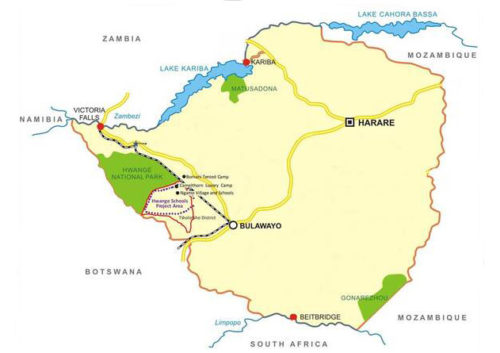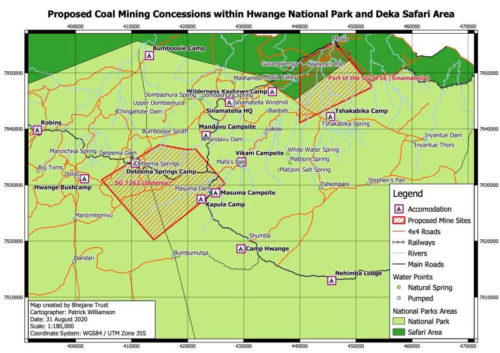
UPDATE 09 Sep2020: Coal mining in Hwange cancelled
Conservationists are incensed over a decision by the Zimbabwean government to allocate two coal mining concessions in the middle of Hwange National Park and the surrounding Deka Safari Area.
Bhejane Trust, a non-profit conservation organization that works with Zimbabwe’s National Parks and Wildlife Management Authority, broke the news on Facebook with the following statement:
“Our Rhino Monitoring team recently found some Chinese (people) in Hwange Park – we managed to ascertain they were drilling core samples for coal. Parks arrested them and turned them over to the Police. However, they soon reappeared with a permit giving them the right to carry on in the Park with exploratory drilling. They did this without any consultation with the Area Manager and seem to feel they have a right to go wherever they like to.
We followed up on this and discovered the Government has allocated two coal mining concessions in the middle of Sinamatella and Robins! The mining concessions are Special Grants which apparently can only be issued by the President, and both been granted to Chinese companies.”

The two concessions are in the northern section of the national park, and it appears that they have been granted to Afrochine Energy (concession SG7263 – incorporating Deteema Dam and Masuma Dam) and Zhongxin Coal Mining Group (concession SG5756). The Bhejane Trust was subsequently sent an undated Stakeholders Questionnaire by SustiGlobal, a company contracted to conduct the standard Environmental Impact Assessments (EIA) for both companies. These questionnaires should have been sent before exploratory drilling.

Zimbabwe is entirely reliant on coal for energy, and a substantial portion of the country’s coal reserves are found in the Hwange district, with the Hwange Colliery Company operating as the oldest coal mine. In recent months, the Zimbabwean government has been pushing for increased coal and energy production in the country. It has issued several special grants to prospective coal miners as well as increasing the capacity of power stations and smelters. While there have been concerns around pollution and health risks to neighbouring communities, most of the new developments have taken place outside the protected areas.
Hwange National Park is Zimbabwe’s largest national park at 15,000km2 and is home to the second-largest elephant population in Africa.![]()
To comment on this story: Login (or sign up) to our app here - it's a troll-free safe place 🙂.![]()








